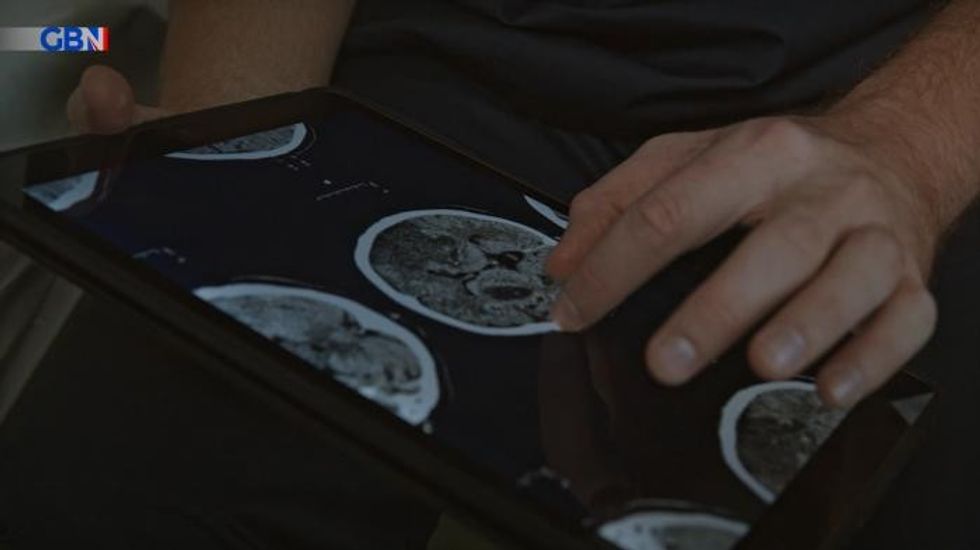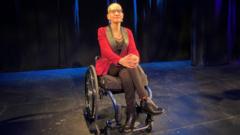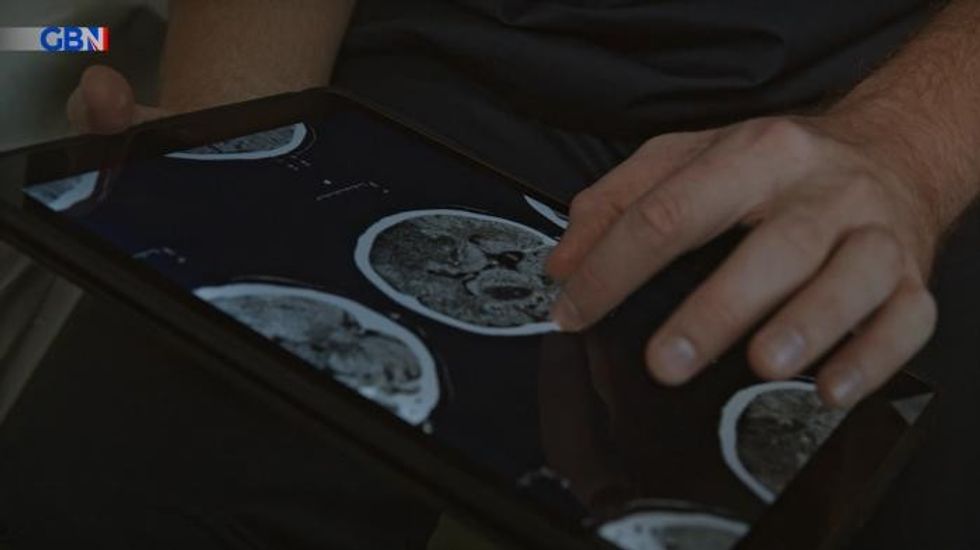Dementia warning as condition that affects 1.5 million Britons may triple risk of brain decline from 45 ()


<iframe frameborder="0" height="100%" scrolling="no" src="https://www.gbnews.com/res/scraper/embed/?video_url=https%3A%2F%2Fmm-v2.simplestream.com%2Fiframe%2Fplayer.php%3Fkey%3D3Li3Nt2Qs8Ct3Xq9Fi5Uy0Mb2Bj0Qs%26player%3DGB003%26uvid%3D52324188%26type%3Dvod%26viously_id%3DeOnFXiJs57g" width="100%"></iframe><br/><p>New research reveals that atrial fibrillation significantly increases the risk of developing dementia, particularly in younger patients.</p><p>The findings, presented at the European Heart Rhythm Association (EHRA) 2025 scientific congress, show that patients diagnosed with atrial fibrillation before age 70 face a 21 per cent higher risk of dementia.</p><h3></h3><br/><p>For early-onset dementia, diagnosed before age 65, the risk jumps to 36 per cent. </p><p>The heart condition, which causes an irregular or abnormally fast heartbeat, currently affects one in 45 people in the UK (around 1.5 million), according to the British Heart Foundation. </p><h3></h3><br/><div class="embed-latest"></div><h3></h3><br/><img alt="MRI SCAN" class="rm-shortcode" data-rm-shortcode-id="30d26a88ab8235f2a9e1cc3e61025486" data-rm-shortcode-name="rebelmouse-image" id="f44ab" loading="lazy" src="https://www.gbnews.com/media-library/mri-scan.jpg?id=56651704&width=980"/><p>Researchers analysed data from 2,520,839 individuals in Catalonia, Spain, who were at least 45 years old in 2007 with no prior dementia diagnosis.</p><p>The average follow-up period was 13 years, with 79,820 patients (3.25 per cent) having atrial fibrillation at baseline.</p><p>The study found that age significantly affected the relationship between atrial fibrillation and dementia.</p><p>In patients aged 45-50, those with atrial fibrillation were 3.3 times more likely to develop dementia than those without.</p><h3></h3><br/><div class="embed-dontmiss"></div><h3></h3><br/><p>However, this association progressively weakened with increasing age, becoming statistically insignificant from age 70 onwards.</p><p>The strongest effect was observed for early-onset dementia, with a 36 per cent increased risk.</p><p>"This is the largest European population-based study evaluating the association between AF and dementia," said the researchers from Bellvitge University Hospital in Barcelona.</p><p>"The association between AF and dementia was stronger in patients under 70 and was maximal for early-onset dementia."</p><h3></h3><br/><div class="embed-mostread"></div><p><strong>LATEST DEVELOPMENTS </strong></p><ul><li><a href="https://www.gbnews.com/health/blood-sugar-breakfast-reverse-insulin-resistance" target="_self">Dietitian’s top 3 breakfast ingredients to 'reverse insulin resistance' and 'balance blood sugar'</a></li><li><a href="https://www.gbnews.com/health/how-to-reduce-blood-sugar-levels-fibre-every-meal" target="_self">The 'most important' food group to 'start every meal with to prevent harmful blood sugar spikes'</a></li><li><a href="https://www.gbnews.com/lifestyle/how-to-look-younger-sleep-collagen" target="_self">Women told trick for 'youthful, healthy skin' - it's 'nature's most powerful beauty remedy!'</a></li></ul><h3></h3><br/><img alt="BRAIN SCANS" class="rm-shortcode" data-rm-shortcode-id="4dbe5e46011b0842f17d7d97d29a5fac" data-rm-shortcode-name="rebelmouse-image" id="c7bf1" loading="lazy" src="https://www.gbnews.com/media-library/brain-scans.jpg?id=51882890&width=980"/><p>Atrial fibrillation affects two to three per cent of the general population, with prevalence rising with age.</p><p>The researchers conducted sensitivity analyses that excluded stroke cases, yet still found similar results.</p><p>Atrial fibrillation was associated with a six per cent increased dementia risk overall, rising to 23 per cent in those diagnosed before age 70. For early-onset dementia, the risk increased by 52 per cent even without a prior stroke.</p><p>"The observation that the association remains unchanged after excluding patients with prior stroke indicates that other mechanisms must be involved," the authors noted.</p><p>The researchers suggested several potential mechanisms connecting atrial fibrillation and dementia, including silent strokes, microinfarcts, and microbleeds.</p>





